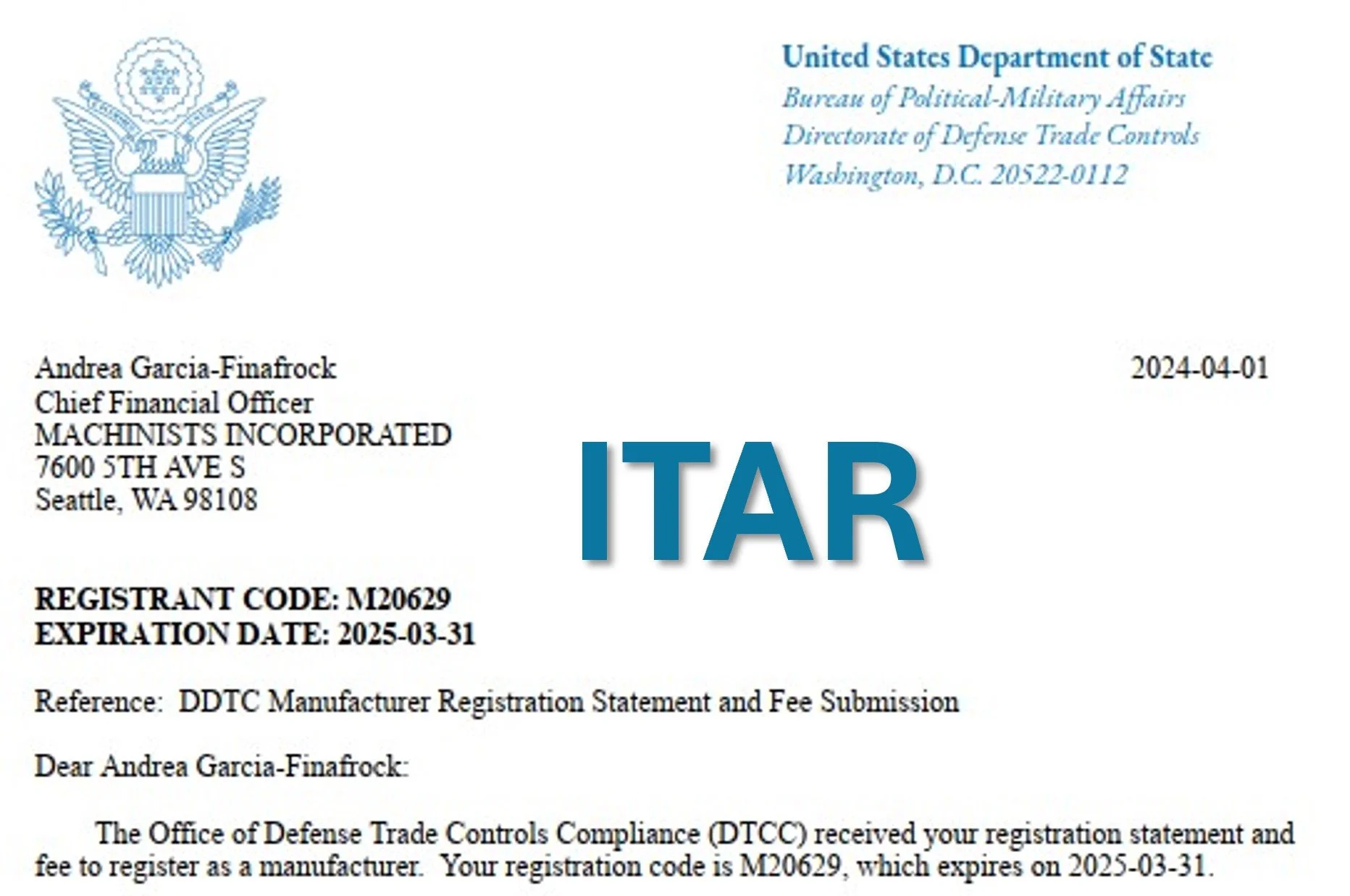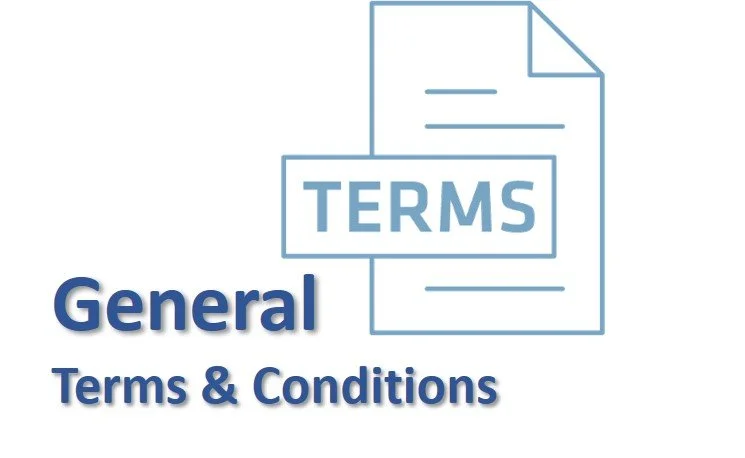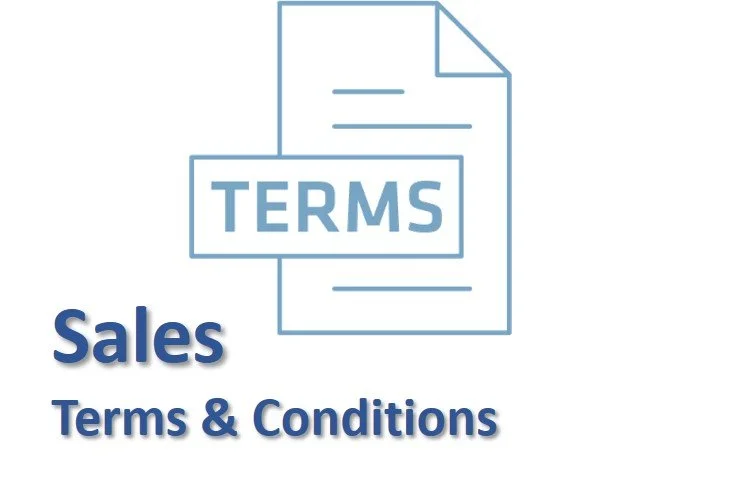Certifications
-
ISO 9000 deals with the fundamentals of quality management systems, including the eight management principles upon which the family of standards is based. ISO 9001 deals with the requirements that organizations wishing to meet the standard must fulfill. Third-party certification bodies provide independent confirmation that organizations meet the requirements of ISO 9001. Over one million organizations worldwide[5] are independently certified, making ISO 9001 one of the most widely used management tools in the world today.
-
For a company involved in the manufacture, sale or distribution of goods or services covered under the United States Munitions List (USML), or a component supplier to goods covered under the USML, the stipulation or requirement of being “ITAR certified (compliant)” means that the company must be registered with the State Department’s DDTC, if required as spelled out on DDTC’s web site and the company must understand and abide by the ITAR as it applies to their USML linked goods or services. The company themselves is certifying that they operate in accordance with the ITAR when they accept being a supplier for the USML prime exporter.
-
National industry-specific occupational employment and wage estimates are calculated with data collected from employers of all sizes, in metropolitan and non-metropolitan areas in every State and the District of Columbia, in NAICS 332900 – Other Fabricated Metal Product Manufacturing.
-
The Commercial and Government Entity Code, or CAGE Code, is a unique identifier assigned to suppliers to various government or defense agencies, as well as to government agencies themselves and also various organizations. CAGE codes provide a standardized method of identifying a given facility at a specific location.
-
The ASME Nuclear Quality Assurance (NQA-1) Certification Program provides centralized, independent, third-party certification for quality assurance programs in conformance with the ASME NQA-1 standard, “Quality Assurance Requirements for Nuclear Facility Applications”. It entails a full audit of the Quality Assurance Program performed by trained ASME auditors with an extensive background in quality assurance. A successful audit will yield a NQA-1 Quality Program Certificate.
-
Magnetic particle and dye penetrant Inspections are done in-house by inspectors certified by the MI Level III thru an NAS410 and ASNT TC1A system.
In order to determine competency, systems have been devised to ensure that NDT personnel have the proper training, have passed written and practical examinations, and have enough experience to properly perform NDT tasks using the applicable test method or technique.
-
MI welders and welding procedure qualifications conform to AWS and/or ASME standards and are certified by In-house Certified Welding Inspectors. The MI welding program is managed by a Materials/Welding Engineer who is also a CWI and life member of AWS.
The Certified Welder (CW) program tests welders to procedures used in the structural steel, petroleum pipelines, sheet metal, and chemical refinery welding industries. There is a provision to test to a company-supplied or non-code welding specification. Tests for Certified Welder (CW) are performed at AWS Accredited Testing Facilities located throughout the world.
-
CCR/FedReg – Central Contractor Registration/Federal Agency Registration. The United States Department of Defense (DoD) designated a centralized, electronic registration process, known as CCR, as the single point of entry for vendors that want to do business with the DoD. To this end, the Defense Federal Acquisition Regulation Supplement (DFARS), Subpart 204.7300, required contractors to register in the CCR to conduct business with the DOD
-
Click the Icon on the left to observe Machinists’ Terms and Conditions of Sale.
-
Click on the Icon to the left to see our General Terms and Conditions




